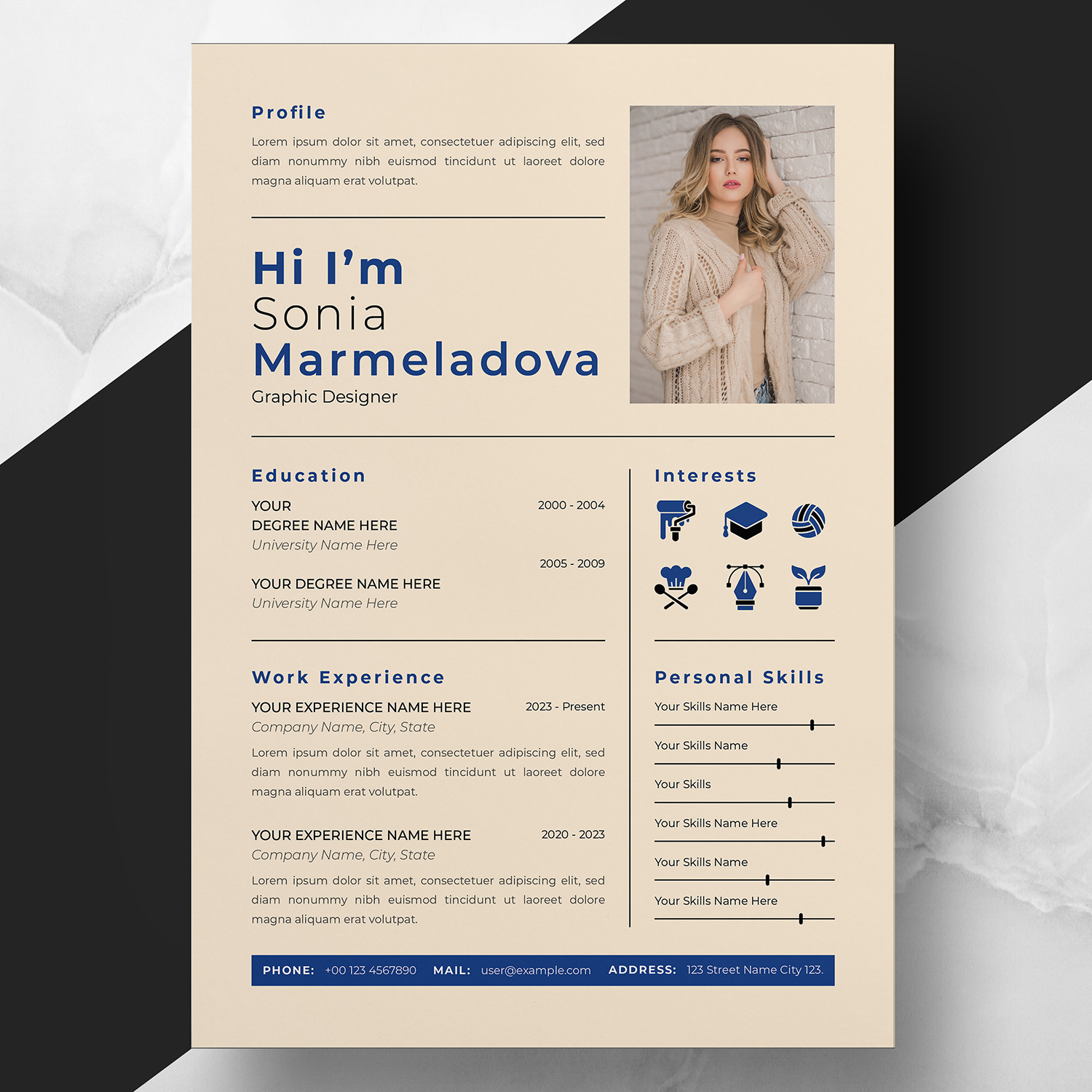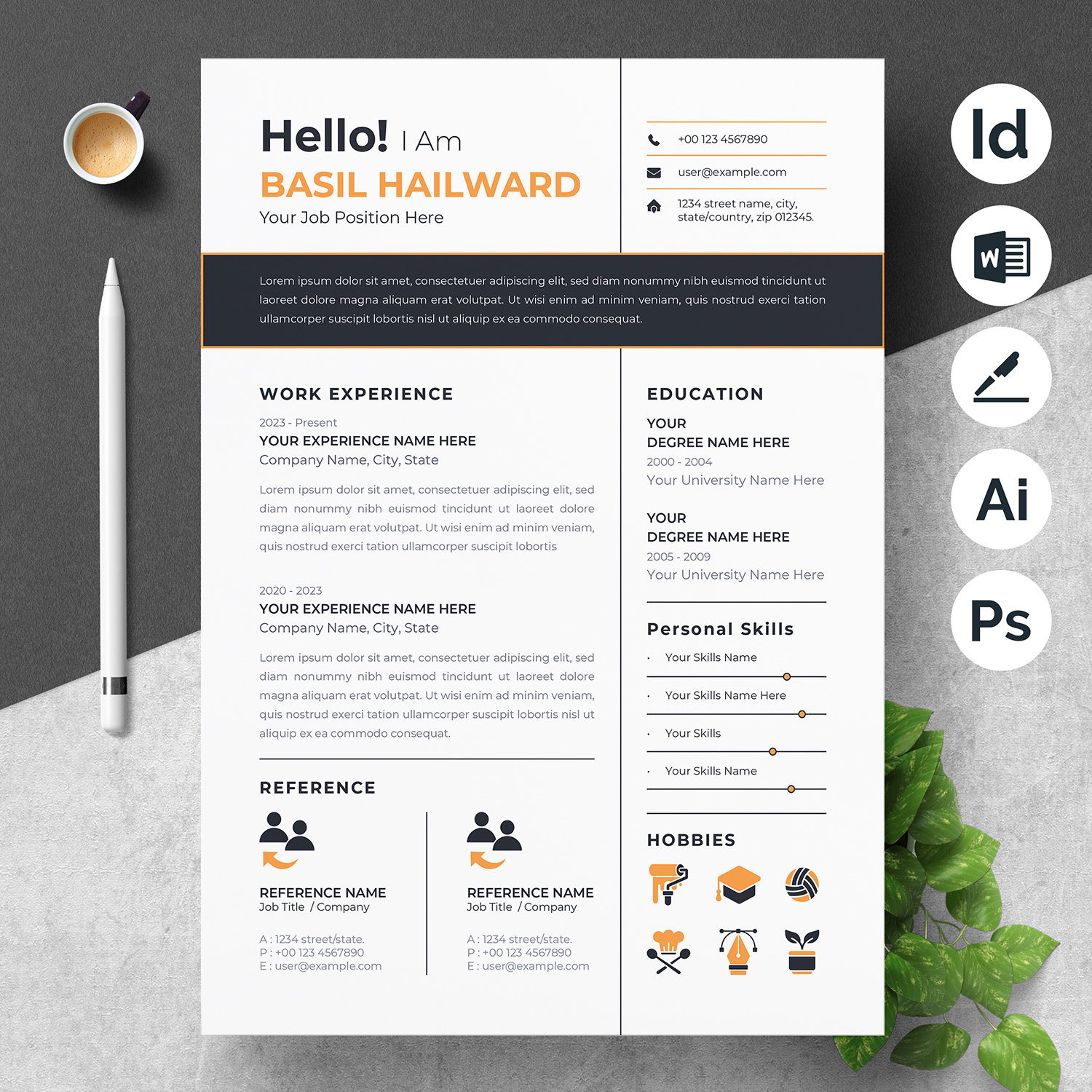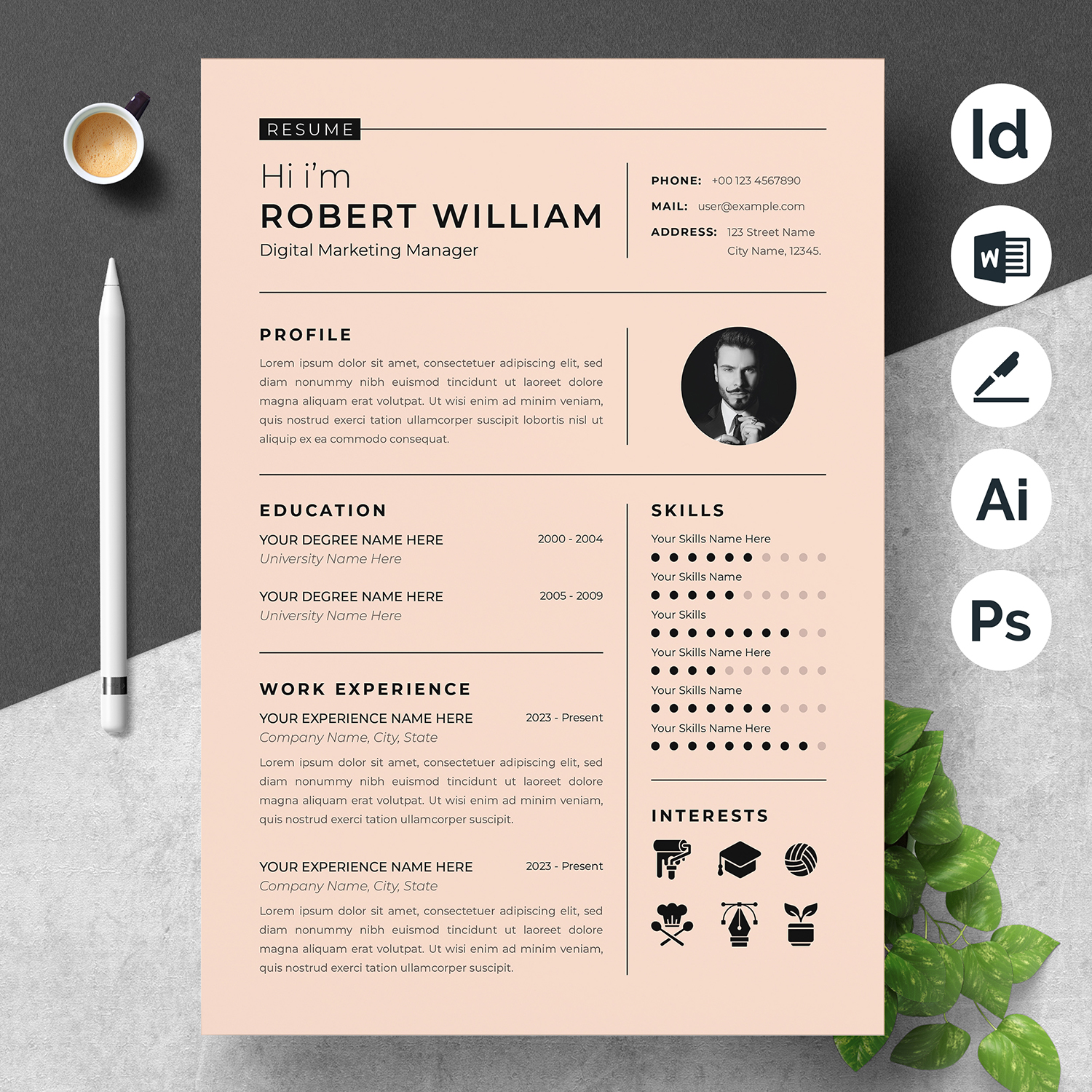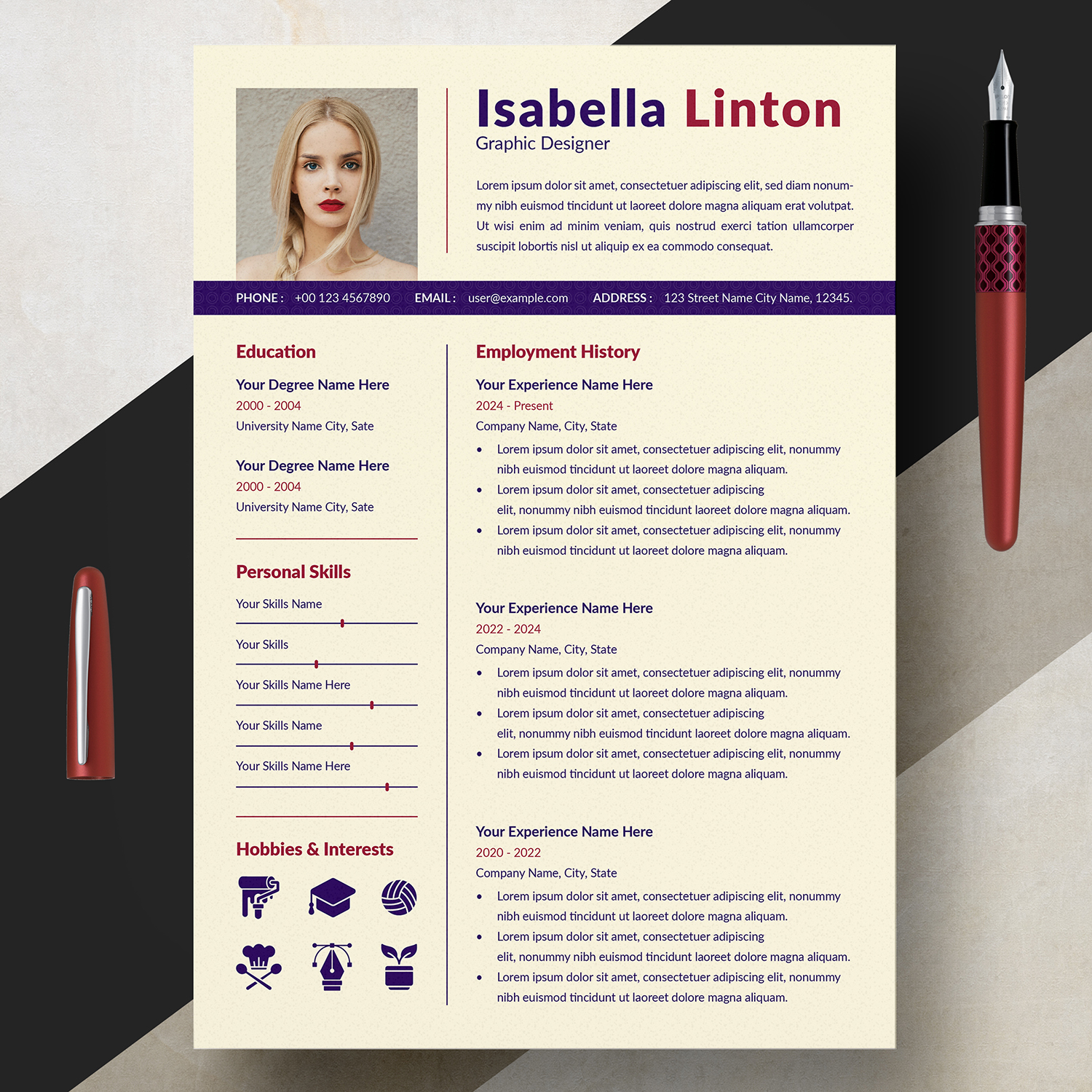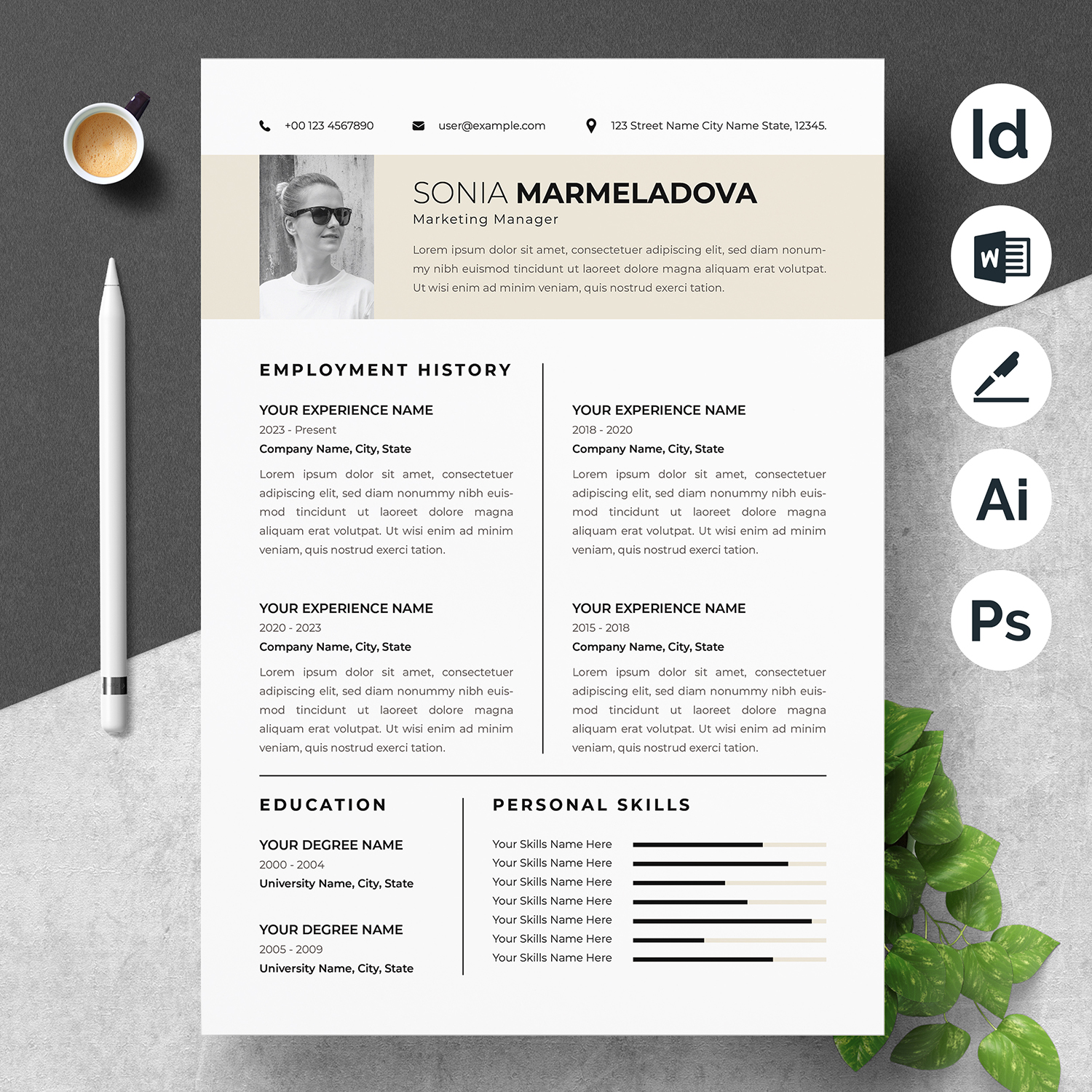
As a company, there will be days when you need added assistance to get things done. Usually, this would entail you looking for a qualified candidate for that position, which could mean interviews and training. Sometimes, you may not have the resources to hire a new employee on a permanent basis, or it could be that it is a short-term project that requires specialized skills; so what do you do?
It is at this point that contract to hire comes into the picture. It is a contract that allows you to hire an employee to help with the work temporarily. After the period has elapsed, you can let them go or decide to keep them as part of your staff. The contracts are usually in conjunction with staffing agencies who do all the groundwork to find you the most suitable candidate and even enroll them in the agency’s payroll when you decide to work with the individual. They, in essence, will be working for you but under the recruiting agency.
Small businesses, in particular, find temporary contracts advantageous. This is because they allow them to enjoy the needed services at a good price and without going through the rigorous process of hiring and training a new employee. It is an arrangement with benefits, but you would have to play your role correctly for everything to work as needed. Below is a guide on hiring a contract employee to meet your company’s needs.
-
Determine whether there is a need to hire
As a small business, growing is your main focus, and you find all ways possible to make it happen. Growing is what drives long-term success, and you, therefore, want to avoid hiring extra hands too early because it could interfere with your cash flow. On the other hand, waiting too long to hire could mean missing out on growth opportunities. If you are constantly turning down work, daily finances, paperwork, and bookkeeping are hard to keep up with, or you have tasks requiring specific skills not available within the company, it may be time to find a contract employee.
It is very important to determine that you need extra help because hiring without planning can be disastrous. The hands you bring on board should complement the business, not tear it up.
-
Know exactly what it means to have a contract employee
There is a huge difference between salaried and contract employees, and you need to know exactly what it means; otherwise, you could face stiff tax penalties for misclassifying. Most people confuse independent contractors with contract employees. Independent contractors will come with their tools for the trade, set their prices, and cater to the supplies necessary to get things done. On the other hand, a contract employee will rely on your company for everything needed to get the work done, will be paid on the recruiting agency’s payroll, is responsible for their taxes, and is not eligible for benefits like healthcare. Have your facts right and clearly state in the contract what the relationship is all about.
-
Write a detailed job description
Now that you are sure you need help and you know who a contract employee is, and that they are best suited for the available position, it is time to write it all down. Even though job descriptions are usually done for full-time employees, they can help find the best contract employee. The description should include the tasks, the skills needed, the qualifications, and the employment terms. The more details, the easier it will be to attract only those who qualify, thus saving time.
-
Advertise the job posting
You can choose to advertise and screen candidates on your own, or you can use the services of a reliable and reputable recruitment agency. The staffing agents handle the entire process of sourcing and screening potential candidates on your behalf. They can then send the top candidates your way for additional screening and interviewing before you can decide who is best for the position. If you decide to go through resumes, you can use platforms like resumeinventor.com to evaluate who was professional and serious enough when applying for the position.
Direct hiring will require that your HR handles the screening and the interviewing. It may also be upon the company to offer any needed training to the employee, so they can start working knowing exactly what is expected of them and the company policy and culture. Using a staffing agency, on the other hand, can take all these off your hands. The recruiters can handle training too on your behalf; all you will need to do is get an employee ready to start giving the company their best.
- Create the contract
After you have settled on the applicant you find best suited for the open position; you must draft a contract and have it signed. This is the legally binding document that protects you and the contractor. Upon signing, you both will agree on the tasks, project deadlines, pay rates and billing terms, confidentiality and nondisclosure of company information, and termination. You can use the contract website to find templates to draw the contract. Alternatively, a lawyer can handle the legal agreement on your behalf.
Contract employees can prove to be necessary depending on the business’s current performance; they can be all you need to grow the business. The contract to hire comes with its advantages and disadvantages for you as a company and for the contractor as well. If you weigh your situation and decide that the contract is the way to go, then you also need to make sure that everything is done the right way.
You should never compromise the quality of services you get because it is a temporary agreement; your business deserves the best, whether working with freelancers, independent contractors, salaried employees, or contract employees. Whether you decide to hire directly or use the help of an agency, your expectations should be clear and followed to the letter. You know your business best, and you know exactly what it needs.
Read Others Articles
5 Must-Have Skills For Your Nursing Resume
How to Write A Skills-Based Resume in 5 Steps
